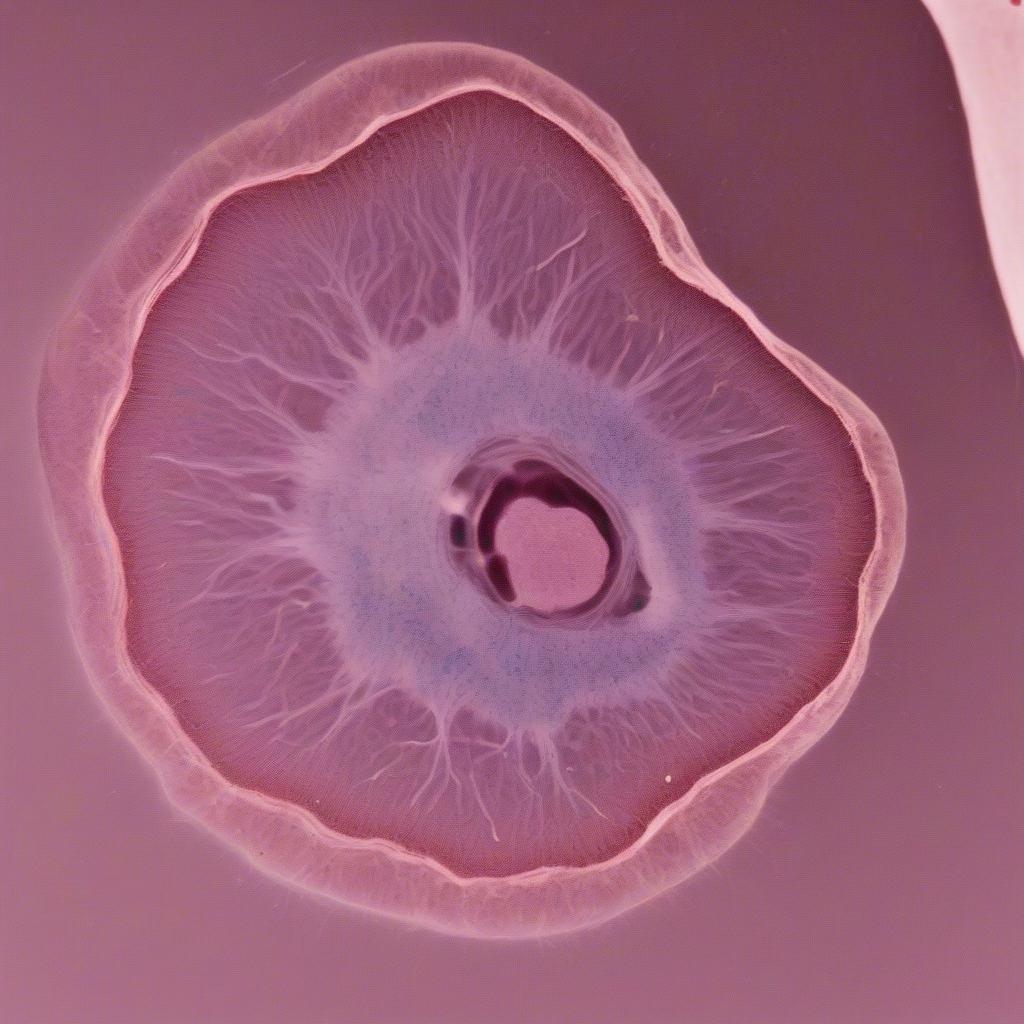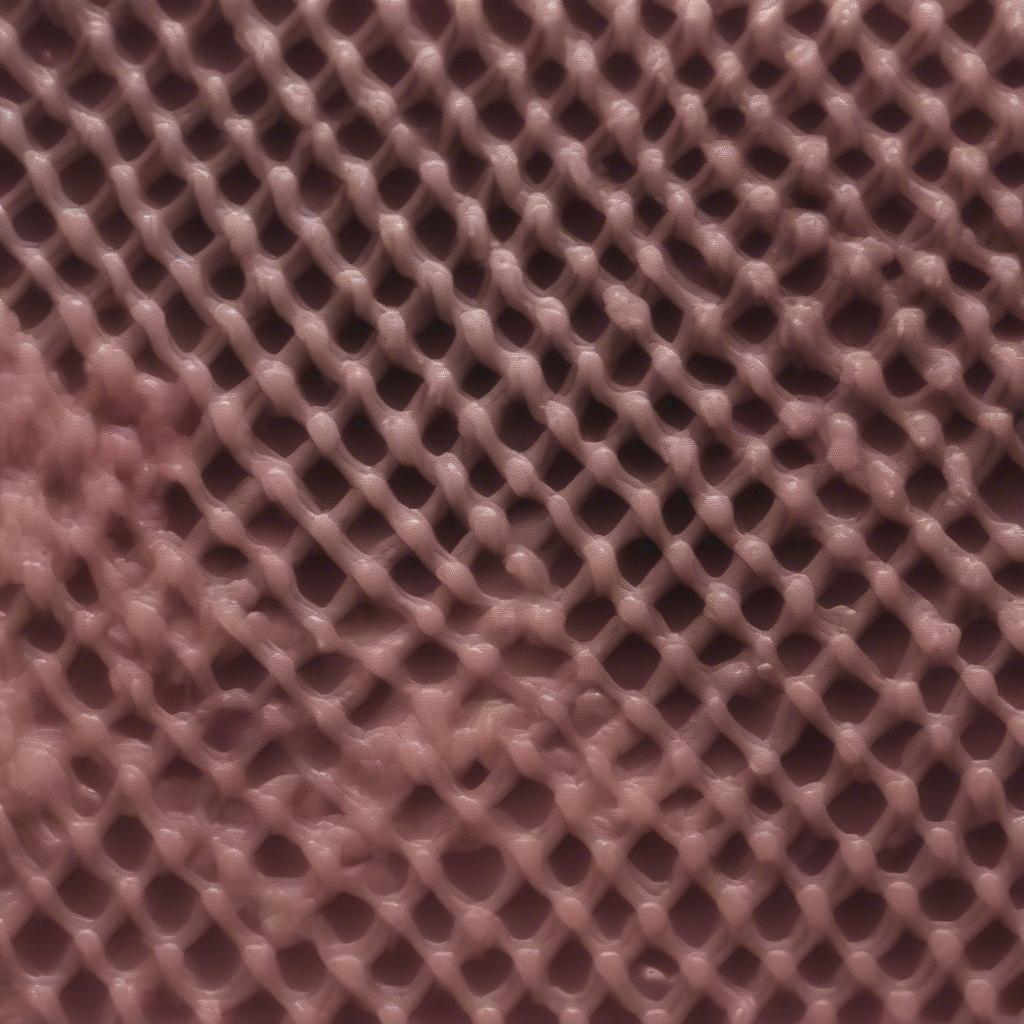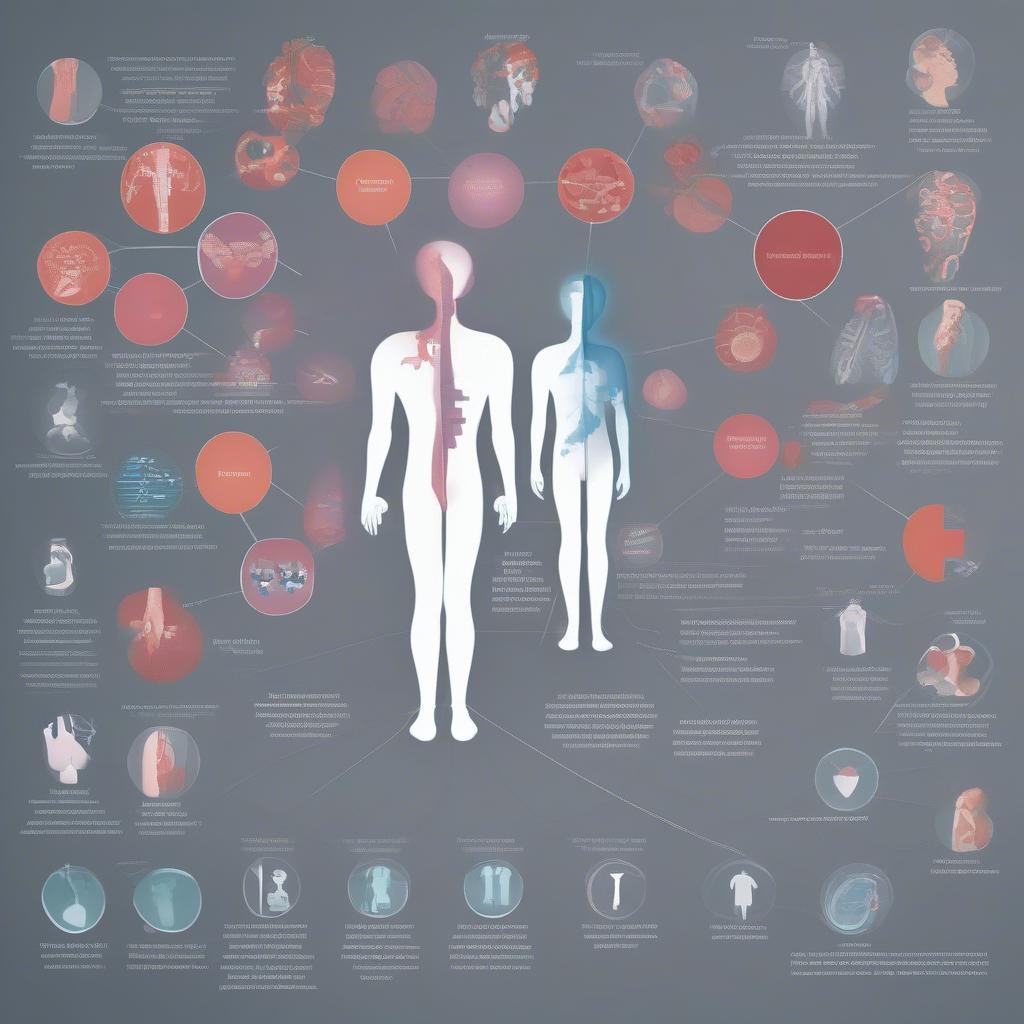Basket Weaving
Understanding the Alport Syndrome Basket-Weave Explanation
Alport syndrome is a genetic disorder affecting kidney function, hearing, and vision. The “basket-weave” appearance seen in kidney biopsies is a key diagnostic feature of Alport syndrome. This article delves into the Alport Syndrome Basket-weave Explanation, exploring its causes, significance, and implications for patients.
What Causes the Basket-Weave Appearance in Alport Syndrome?
The basket-weave appearance in Alport syndrome is a direct result of abnormalities in the structure of the glomerular basement membrane (GBM). The GBM is a crucial part of the kidney’s filtering system. In Alport syndrome, genetic mutations affect the production of type IV collagen, a vital protein for the GBM’s integrity. This disruption leads to irregular thickening and splitting of the GBM, creating the characteristic “basket-weave” pattern visible under an electron microscope. This structural defect compromises the kidney’s ability to filter waste products effectively, leading to progressive kidney disease.
 Alport Syndrome GBM Basketweave Appearance
Alport Syndrome GBM Basketweave Appearance
The Significance of the Basket-Weave Pattern in Diagnosis
The basket-weave pattern observed in kidney biopsies is a hallmark of Alport syndrome. While other symptoms like hearing loss and eye abnormalities can suggest Alport syndrome, the basket-weave appearance under electron microscopy provides a definitive diagnosis. Identifying this specific pattern allows healthcare professionals to differentiate Alport syndrome from other kidney diseases with similar symptoms, enabling timely and appropriate management.
How Does the Basket-Weave Appearance Affect Kidney Function?
The structural changes in the GBM directly impact kidney function. The damaged GBM becomes leaky, allowing proteins and blood cells to pass into the urine. This leakage manifests as proteinuria and hematuria, common symptoms in Alport syndrome patients. Over time, the progressive damage to the GBM leads to a decline in kidney function, eventually resulting in end-stage renal disease (ESRD).
 Alport Syndrome Kidney Damage
Alport Syndrome Kidney Damage
Living with Alport Syndrome: Management and Treatment
While there is currently no cure for Alport syndrome, various treatments can help manage the symptoms and slow the progression of kidney disease. These include medications to control blood pressure, manage proteinuria, and address associated complications like hearing loss. Lifestyle modifications, such as a low-sodium diet and regular exercise, also play a crucial role in preserving kidney function. In advanced cases, dialysis or kidney transplantation may be necessary.
Genetic Testing and Alport Syndrome
Genetic testing is crucial for confirming the diagnosis of Alport syndrome and identifying the specific genetic mutation responsible. This information is vital for family planning and genetic counseling, as Alport syndrome can be inherited. Knowing the genetic basis of the disease helps assess the risk of other family members developing the condition.
 Alport Syndrome Genetic Testing
Alport Syndrome Genetic Testing
Conclusion
The basket-weave appearance in kidney biopsies is a defining characteristic of Alport syndrome, reflecting the underlying structural defects in the GBM. Understanding this distinctive pattern is vital for diagnosis and management. While Alport syndrome presents significant challenges, advancements in treatment and ongoing research offer hope for improved outcomes and quality of life for those affected by this genetic disorder. Early diagnosis and proactive management are essential for slowing disease progression and minimizing complications.
FAQ
- What is the life expectancy for someone with Alport Syndrome?
- How is Alport Syndrome inherited?
- Are there different types of Alport Syndrome?
- What are the early signs of Alport Syndrome?
- Can Alport Syndrome be prevented?
- How is Alport Syndrome diagnosed?
- What are the treatment options for Alport Syndrome?
Suggested Further Reading:
- Understanding Glomerular Diseases
- The Role of Collagen in Kidney Health
If you need support, please contact us at Hanoi, Vietnam or Tech Avenue, Suite 12, San Francisco, CA 94105, USA. We have a 24/7 customer service team.
